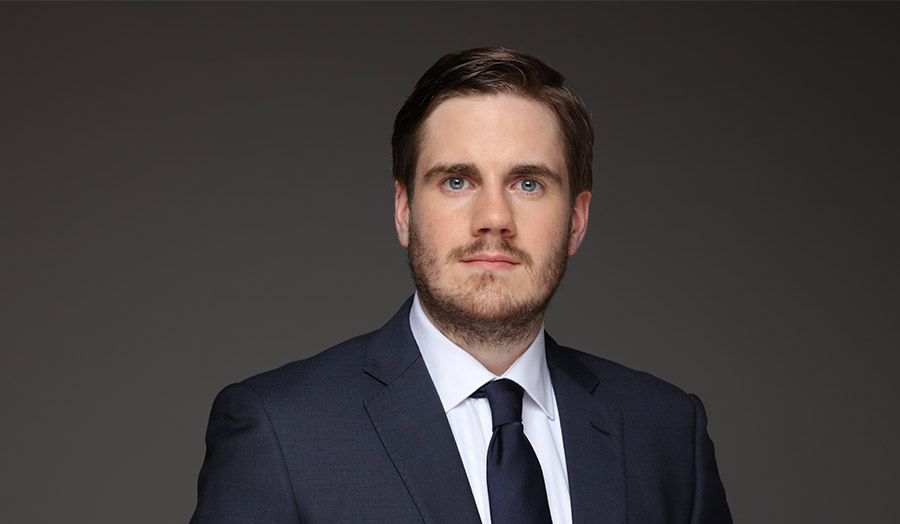Alexander Duncan is currently a systems engineer for Palo Alto Networks, an American multinational cybersecurity company. He took several computing courses at London Met (an extended degree in Computer Networking followed by a Network Management and Security MSc), and since graduating, he has also worked for industry leaders Cisco and management consultants Accenture.
Can you tell us about your role at Palo Alto Networks and what it involves?
My role at Palo Alto Networks is technical pre-sales, which means I’m part of the sales team, however I focus on the technical aspects of the solution. What this involves ranges from taking in business/technical requirements from the customer, then providing a solution that will fit their bespoke needs. This can involve doing proof of concepts (where I lab up an environment) to presenting to customers. The presentations can range from detailed solution designs to product deep-dives.
That being said, the role is very dynamic, and there are times when you have to act as an unofficial tech engineer to help solve customer issues to also acting as an account manager. There is a lot of freedom in this role, and Palo Alto Networks are very supportive in allowing each employee to focus on areas that interest them the most.
What has been your most satisfying work project to date?
One that I have enjoyed the most while at Palo Alto Networks, was working with a customer to look at their cyber security resiliency from a strategic perspective. Rather than focusing tactically at plugging security issues, we were able to look at the bigger picture of what they needed to secure, what were their pain points, and how best to address this. This enabled me to come up with high-level designs that could be implemented in phases. This required a lot of detailed work with the customer, as well as doing in-depth proof of concepts. As each phase was implemented, we also looked at optimisation features so the customer got the best out of their investment.
How did the course help with your current job?
It helped hugely, as understanding how networks operate is vital in cyber security (there are other discipline that are just as important such as programming – which was covered in the course). If you don’t understand networking, trying to create a design to implement a firewall at a customer site or in the Cloud (such as AWS, Azure etc), becomes very difficult. There have been many times where I had to troubleshoot a customer’s firewall, only to find out that the issue was further up the line in the network.
I’ve also had a case where we have done some malware analysis, and we observed the traffic the malware was sending out – this meant we knew how it communicated with its C2 (Command and Control) server, which allowed us to implement rules in the firewall to block it.
What would you like to say about your course(s)?
All the networking courses were split between theoretical and hands-on. This was very beneficial as you learnt the theory of how things worked, but also got to see it work by using the labs. Networking equipment in the labs is to a very good standard – when I was studying, we had some of the latest equipment from Cisco.
What is the most important thing that stands out from your course?
Great teachers that are willing to help and passionate about what they do, as well as gaining hands-on experience from lab work.
Industrial contacts/employment opportunities?
My first job in computer networking was because London Met put me up for an interview with Rank Interactive (a betting company).
Any other things that you would like to say about your course?
The course at London Met offers great opportunities to gain hands-on experience on real networking equipment, something that otherwise you would not get to do. Even as a network admin, a company would never let you jump onto a device and start playing around with config on a live network! This is where the course at London Met adds great value, as you get to build real networks from scratch and test them out.
My career path would have not been possible without the support of the University. I would like to personally thank all the instructors that made this possible, especially Dr Shahram Salekzamankhani, Harry Benetatos, Dr Nicholas Ioannides and Tarik Molalign. Without them, I would have not achieved what I have today.

